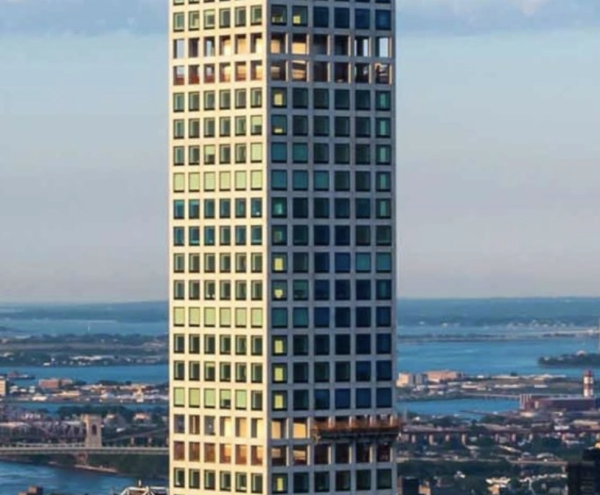Rain, Rain, Go Away
The morning of Oct. 26, Fordham Public Safety sent an email informing students, faculty and staff that all campuses would be closed all day due to potential flood conditions. This was the third day of the semester that Fordham closed down due to widespread flooding; the previous flood days, Sept. 2 and 3, were in the wake of Tropical Storm Ida.
If this seems unusual, that’s because it is. Fordham has experienced far more flooding than normal due to an unprecedented amount of rainfall. Unfortunately, the rain and subsequent floods this semester are the result of a man-made phenomenon: climate change.
Heavy rainfall is a direct consequence of global temperatures rising. According to the Intergovernmental Panel on Climate Change, we will see a 7% increase in rain for every 1.8°F increase in temperature.
We can see this effect at work in New York City, which had one of its rainiest summers on record this year. In July, the remnants of Tropical Storm Elsa gave the city its first big flood. Subways and highways filled with water, and the city ground to a halt. On Aug. 21, Central Park received a record 1.94 inches of rain in an hour. It took less than two weeks to demolish that record: On Sept. 1, Central Park recorded 3.15 inches of rainfall in an hour.
New York City is unprepared for this amount of water. The sewer system is designed to accommodate 1.75 inches of rain per hour. At the time it was planned, that was probably a reasonable assumption. However, as our climate changes and rainfall increases, this system is nonviable. The sooner the city improves its storm infrastructure, the better; current trends say that temperatures will continue to rise.
Climate change requires us to rethink our infrastructure at every level. This is a burden that largely falls on the government — federal, state and local — but it falls on Fordham University too. Following the Ida floods, Fordham dedicated itself to improving infrastructure in Walsh Library, where the basement level was entirely submerged.
We do not anticipate that Fordham and New York City can suddenly halt the process of worldwide climate change. We do ask that they work to mitigate the damage of its side effects.
At The Fordham Ram, we have experienced those side effects personally. Our office is located in the McGinley Center basement. Both our main office (B-52) and our print shop (B-48) flooded following Tropical Storm Ida in September. In the following weeks, Fordham Facilities replaced the bottom two feet of drywall throughout the McGinley basement. Our first issues of the semester were produced alongside a small army of dehumidifiers and fans.
We are happy to report that nothing significant was damaged from the Ida floods, but we are keenly aware of the fragility of our situation. The old McGinley Center building, which houses Fordham’s club suites, is not watertight. Flooding impedes our ability to produce a print copy of the Ram. As such, we are publishing solely online this week.
We are sorry that we cannot give you a physical copy of this week’s issue, but we recognize and match the university’s caution. We could not ask our editors to make the trek to our office when the university explicitly discouraged travel.
One fortunate consequence of the past year is that the Ram is well prepared to go online at a moment’s notice. It’s not the same, and we missed our in-person production night terribly, but it is important for us to keep publishing while keeping our staff safe and dry.
Last February, we wrote about a major snowstorm in Texas as an instance of climate change’s less obvious impacts on the weather. Eight months later, we remind our readers that those impacts reach far beyond snow in the south. This is not a fight we can stay out of. Climate change affects every one of us, no matter where we are in the world.











































































































































































































